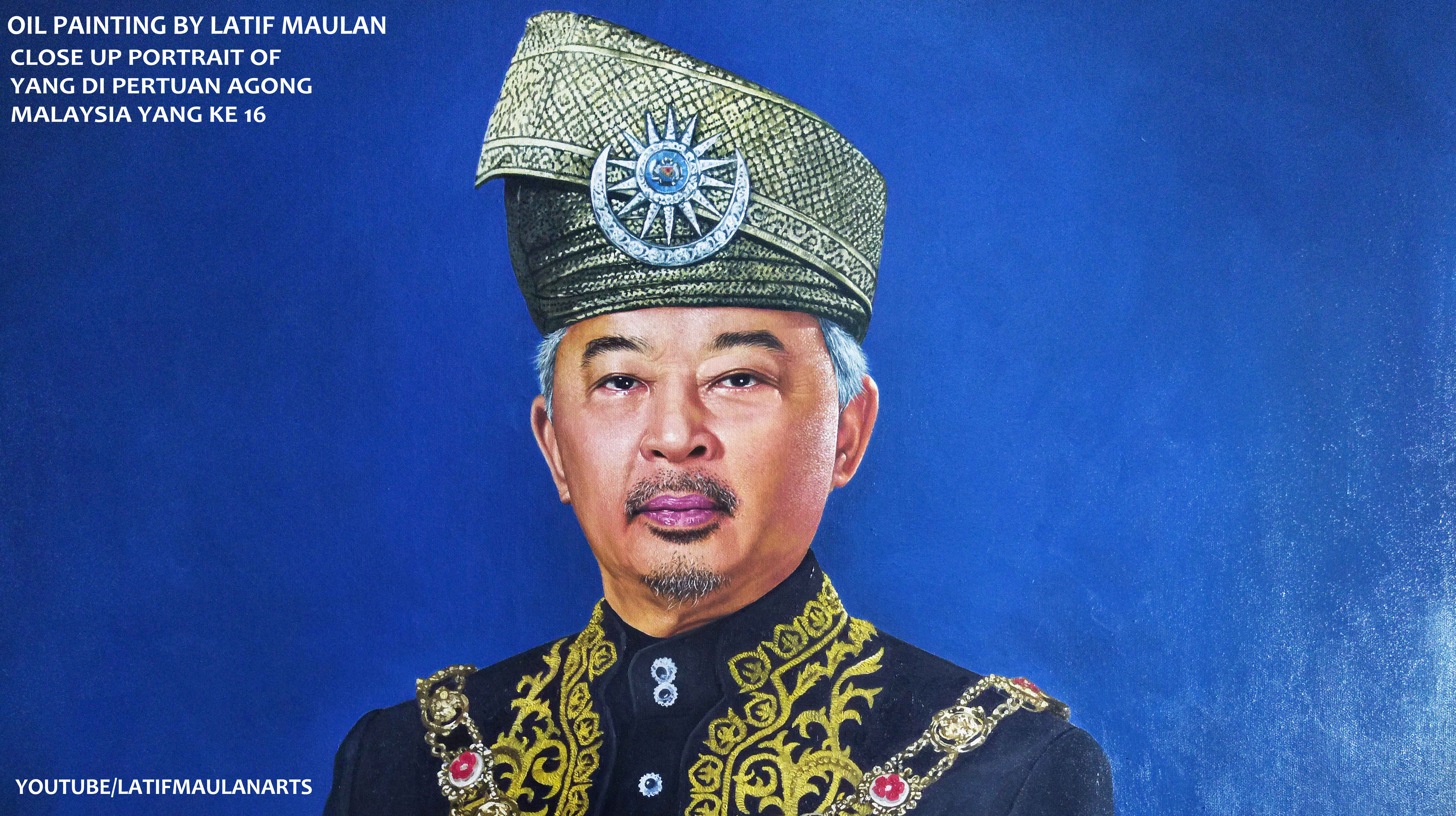Sultan Kpkuang is a name that resonates through the corridors of history, echoing tales of power, legacy, and cultural significance. This remarkable figure has not only ruled over territories but has also played an integral part in shaping societal norms and traditions. The rich tapestry of his life and reign is interwoven with events that have left an indelible mark on the hearts and minds of many. From the majestic palaces to the humble villages, the influence of Sultan Kpkuang is felt far and wide, making him a subject of interest for historians, scholars, and the general public alike.
Throughout the years, tales of Sultan Kpkuang’s wisdom, courage, and leadership have been passed down from generation to generation. The stories surrounding his life are not just a reflection of his personal achievements but also a representation of the cultural heritage of his people. As we delve deeper into the life of Sultan Kpkuang, we uncover the intricate details that define his legacy—his personal beliefs, his relationship with his subjects, and the challenges he faced during his reign.
In this article, we will explore various aspects of Sultan Kpkuang's life, from his biography to his contributions to society. We will answer pressing questions about his reign, his values, and how he continues to inspire individuals today. Join us on this enlightening journey as we unravel the history and significance of one of the most intriguing figures in royal lineage.
Read also:Danny Dorosh Age A Comprehensive Look At The Life And Career Of A Talented Actor
Who Was Sultan Kpkuang?
Sultan Kpkuang is a historical figure whose reign marked a pivotal era in the region. Known for his diplomatic skills and strategic prowess, he navigated through complex political landscapes with finesse. His leadership style emphasized unity and cultural preservation, making him a beloved figure among his people. The following table summarizes key biographical details about Sultan Kpkuang:
| Detail | Information |
|---|---|
| Name | Sultan Kpkuang |
| Birth Date | Circa 1500 |
| Birth Place | Kpkuang Kingdom |
| Reign | 1520 - 1560 |
| Notable Contributions | Cultural Renaissance, Trade Expansion |
| Death Date | 1560 |
What Were the Key Contributions of Sultan Kpkuang?
Sultan Kpkuang’s reign was marked by several significant contributions that were crucial in shaping his kingdom. Here are some of the notable impacts he had:
- Cultural Renaissance: Sultan Kpkuang promoted the arts and literature, leading to a flourishing of cultural expression in his kingdom.
- Trade Expansion: He established trade routes that enhanced economic growth and facilitated cultural exchange with neighboring kingdoms.
- Legal Reforms: His administration implemented laws that emphasized justice and fairness, creating a more structured society.
- Diplomatic Relations: Sultan Kpkuang was known for his diplomatic skills, fostering alliances that ensured peace and stability in the region.
How Did Sultan Kpkuang Influence His People?
The influence of Sultan Kpkuang extended beyond politics; he was a symbol of hope and unity for his people. His ability to connect with the common folk made him a revered leader. He often engaged in community activities, listened to the grievances of his subjects, and took actions to address their needs. This approach fostered loyalty and respect, creating a strong bond between the Sultan and his people.
What Challenges Did Sultan Kpkuang Face During His Reign?
Like any leader, Sultan Kpkuang faced his fair share of challenges. Some of the most significant hurdles included:
- External Threats: His reign was marked by conflicts with neighboring kingdoms, which required strategic military responses.
- Internal Strife: Managing dissent among various factions within his kingdom tested his leadership abilities.
- Cultural Preservation: With the advent of foreign influences, maintaining the cultural identity of his kingdom was a continuous struggle.
What Legacy Did Sultan Kpkuang Leave Behind?
Sultan Kpkuang’s legacy is one that resonates even today. His contributions to culture, trade, and governance laid the foundation for future leaders. The arts that flourished during his reign continue to be celebrated, and the trade routes he established remain significant to this day. Moreover, his emphasis on justice and unity has inspired generations of leaders in the region.
How Is Sultan Kpkuang Remembered Today?
Today, Sultan Kpkuang is remembered as a beacon of strength and cultural pride. His stories are taught in schools, his contributions are celebrated in festivals, and his life continues to inspire individuals seeking to make a difference. Statues and monuments dedicated to him stand as a testament to his enduring impact on society.
Read also:Is Maja Salvador A Canadian Citizen Unraveling The Truth Behind Her Nationality
In conclusion, Sultan Kpkuang is not just a name etched in history; he is a symbol of resilience, wisdom, and cultural richness. His life and reign serve as a reminder of the profound impact one individual can have on the world. As we reflect on his legacy, we are reminded of the values of unity, justice, and cultural appreciation that he championed throughout his life.


